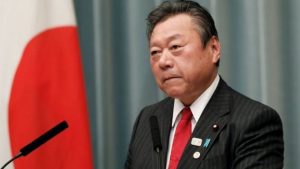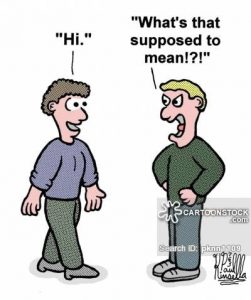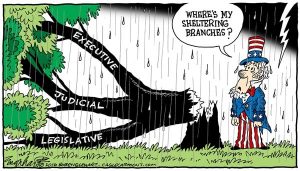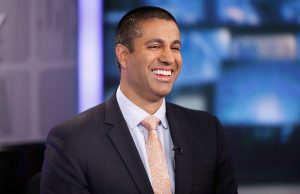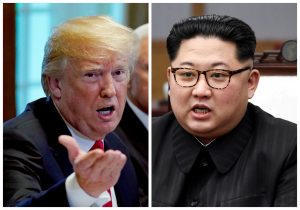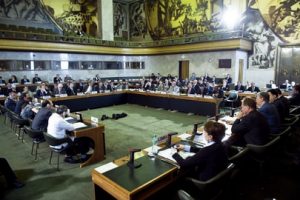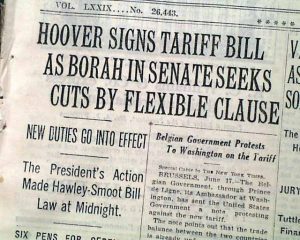
Paul Whelan was recently arrested and charged with espionage by the Russian government and this is making many headlines. There is a great deal of speculation as to whether or not Whelan was acting as a spy and I have my own thoughts about it which I’ll express here. I do want to be clear; my thoughts are largely speculative based on a limited amount of evidence. I could easily be wrong.
First a few facts about him. Whelan joined the marines as a young man but was given a bad conduct discharge for check fraud involving the use of someone else’s social security number. He visited Russia during this tenure and reportedly enjoyed his time there. He has tri-citizenship in the United States, the United Kingdom, and the Irish Republic. He has made any number of trips to Russia over the years. He was reportedly in Russia at this time to help a friend plan a wedding party.
Now comes the speculative part of my article. Whelan strikes me as someone who has an inflated sense of intellect and importance. He also strikes me as someone with delusions of grandeur. This is the sort of person Russian Intelligence, Federal Security Service, loves to exploit, see Paul Manafort. What I imagine happened is that intelligence agents became aware of Whelan and his ego. They sent someone, likely an attractive woman, to get a sense if he could be manipulated. They quickly discovered he was susceptible to such tactics.
From there it was relatively straight-forward. Have someone approach Whelan claiming to be disenchanted with the Russian government. Have that person claim to know important intelligence information. Whelan then plays the fool. He goes somewhere the FSS has wired for video and sound. He solicits this agent for secret information. The agent turns over a thumb drive with said information to Whelan. Whelan leaves thinking he has pulled off a major spying victory for the United States. He will be a hero! The CIA will welcome him with open arms, maybe he will get to visit President Trump. Boom, down come the clamps.
I repeat, I’m speculating based on the limited information I have. It’s entirely possible Whelan is completely innocent and was picked up by the FSS and a fake thumb drive is being used as evidence. That he is going to be used by Vladimir Putin to trade for Maria Butina or Russians held here in the United States.
It’s also possibly Whelan was actually working for the CIA. That he was on some covert operation and the Russian’s caught him.
Still, I think my explanation has the ring of truth to it. It’s quite likely we’ll never know the full truth. What do you think?
Tom Liberman


